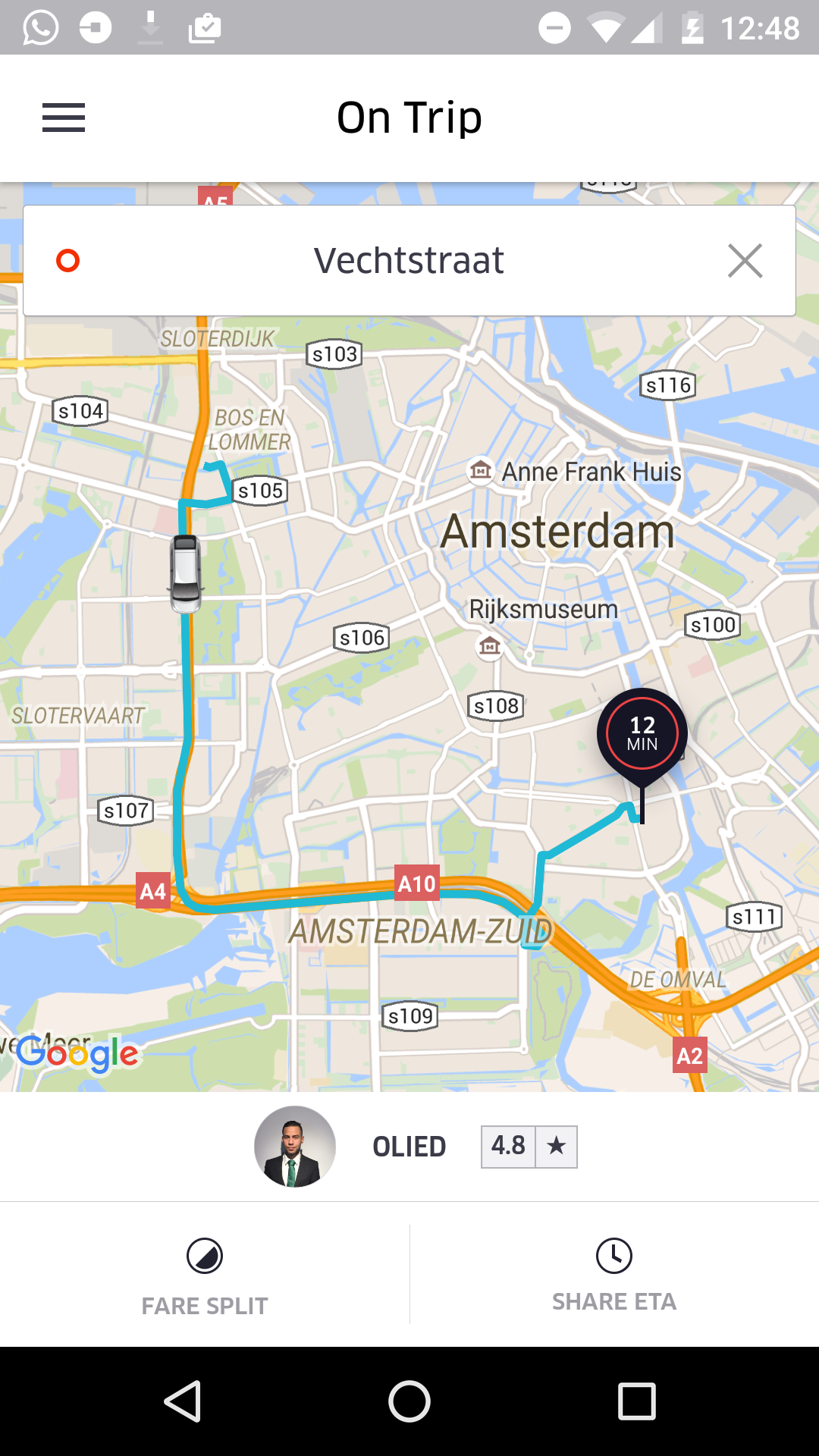Yesterday, I was watching Justin Kan’s snaps on snapchat, one thing he said he realized late is that one should focus on doing what he can do best instead of trying to do what he is supposed to do. Sounds trivial, it isn’t.
The example he gave was when he started his company with 4 cofounders, everyone took the job they were supposed to get. For example he was the crappiest programmer so he took the product job (Yes I am a crappy programmer). Same for the rest of his cofounders. Then Justin goes to say he realized late that he should’ve been the pitching/recruitment/fundraising person given he is good at it and he is more of a people person than product. However because everyone was doing it this way he ended up doing it as everybody else.
Currently I am in conversations with my close friends who are at the same career stage as myself. The discussion is mostly around what’s next? It is mostly around how to climb up the ladder at the same company or how to join one of the big guys such as Google, Facebook, or Uber. We each think of a target for one’s self and discuss how to reach it, then we help each other with whatever we get our hands on to help one progress to the next step they are aiming at.
When I reflected on what Justin said I took a moment to think, What if I am thinking about this because everyone is doing it? Not because I am loving what I do and want to move forward.
Let’s not confuse having a bigger goal, being ambitious, with having the self awareness to understand whether one should keep doing what they are doing and progress at it, or take a step back, reflect, and/or maybe try something different?
I haven’t figured out the answer, yet.


